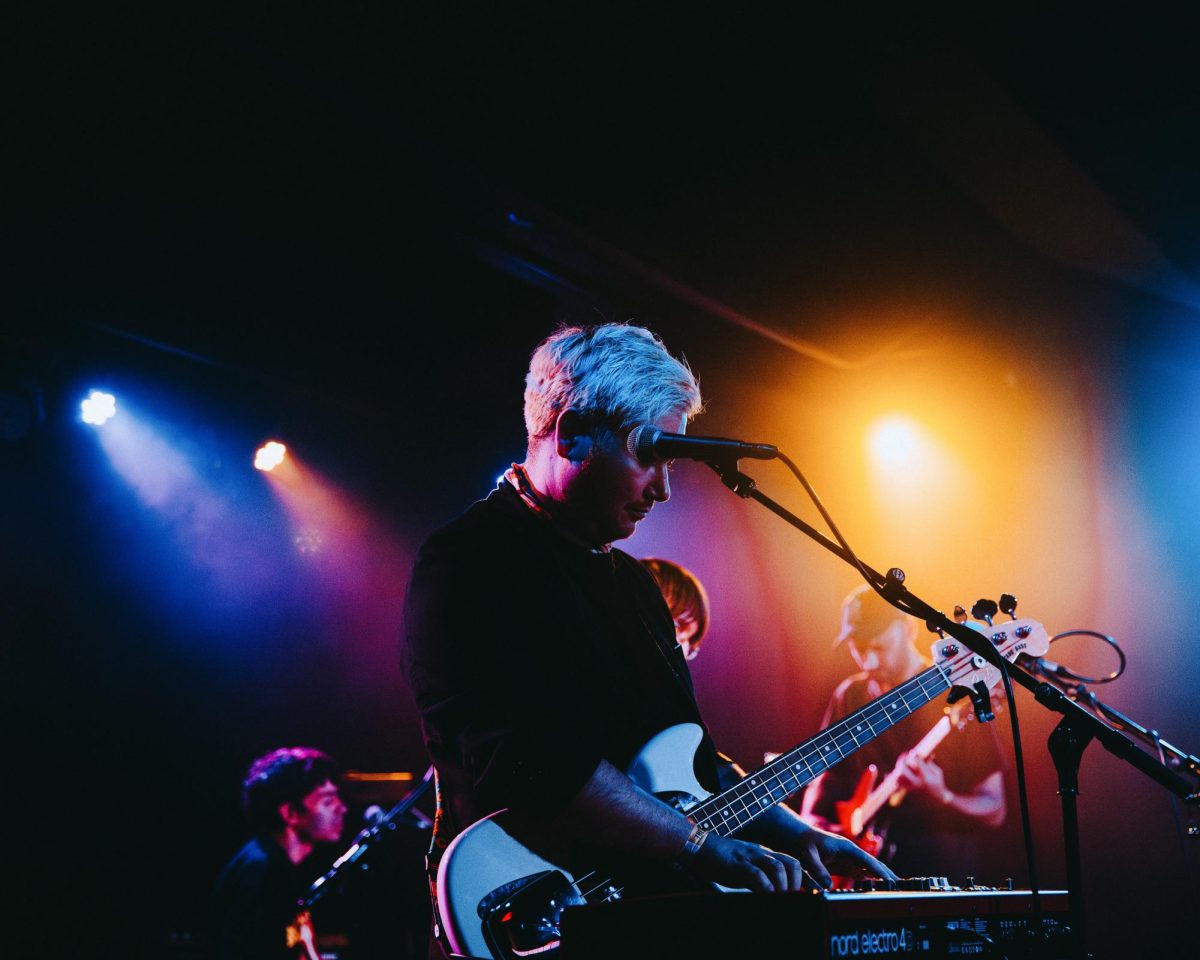Content Warning: This article contains mentions of self-harm.
History was made in the pageant world Nov. 18: Nicaragua won its first Miss Universe Competition.
Sheynnis Palacios, better known as Miss Nicaragua, was awarded the title of Miss Universe after several rounds of competing for the crown. This victory created a significant chapter, not only for Palacios’ life, but also for her country.
The journey to this achievement was nothing short of a whirlwind for Palacios. Although she competed in multiple pageants to be considered for the title of Miss Universe, her past was not as luxurious. Palacios grew up in a poor community in Nicaragua and often struggled with her mental health.
“It all started with my anxious episodes that began when I was 18 years old,” Palacios said during a Miss Universe pageant interview. “I reached the point of harming my arms and pulling out my hair. I didn’t have the necessary tools until I sought a specialist. That’s why I want to provide everyone, regardless of gender or age, these tools so they don’t suffer how I had to suffer.”
Miss Nicaragua used her experience with anxiety to build her platform around mental health advocacy. Graduating from Central American University with a degree in communications and having a passion for the world of audiovisual production, Palacios made it her goal to use her media expertise to create a platform that provides the necessary tools for emotional management in her country. “Entiende tu Mente” is a project she developed, intending to help fellow citizens acknowledge the importance of mental health and destigmatize it. It loosely translates to “Understand Your Mind” in English.
Apart from her inspiring journey, what drove her ahead of her peers was her answer to the final question in the Miss Universe competition. During this time, it was between the top three contestants: Miss Thailand, Miss Australia, and Miss Nicaragua.
The question asked was: “If you could live one year in another woman’s shoes, who would you choose and why?”
Miss Nicaragua responded: “I would choose Mary Wollstonecraft because she opened a gap and gave opportunities to many women. I would want that income gap to open up so that women can work in any area that they choose to work in because there are no limitations for women.”
A study published by the Statista Research Department about Nicaragua’s gender gap index in 2023 states, “women are 45 percent less likely to receive an equal wage for similar work in comparison to men.”
Palacios received praise for speaking up on the gender gap and unequal pay women deal with in Nicaragua. This was a pivotal moment in her journey to being Miss Universe.
While pageants such as Miss Universe can serve as a platform for many opportunities, people often question its purpose.
Heidi Zamora, an adjunct instructor of arts leadership at Seattle University said, “I think that pageants in general can be both empowering and harmful… pageants can promote unrealistic beauty standards, but they can also be opportunities for women to see themselves represented in ways they haven’t before.”
So, do pageants like Miss Universe really help represent female voices from various countries or is it a system built to have women compete against each other simply based on style?
Although pageant competitions have historically pitted women against each other, contestants like Miss Nicaragua seek to make progress to create a new narrative.
Miss Universe gives women the chance to speak about their experiences growing up in various countries. It can raise awareness around topics that would usually go untalked about. Pageantry might just be the new catalyst for female empowerment and social change.








